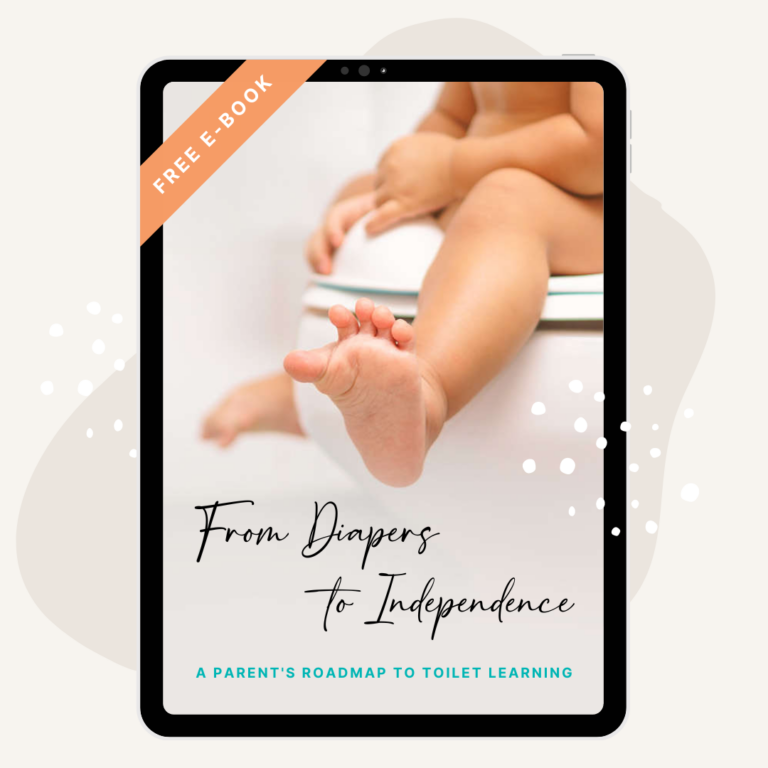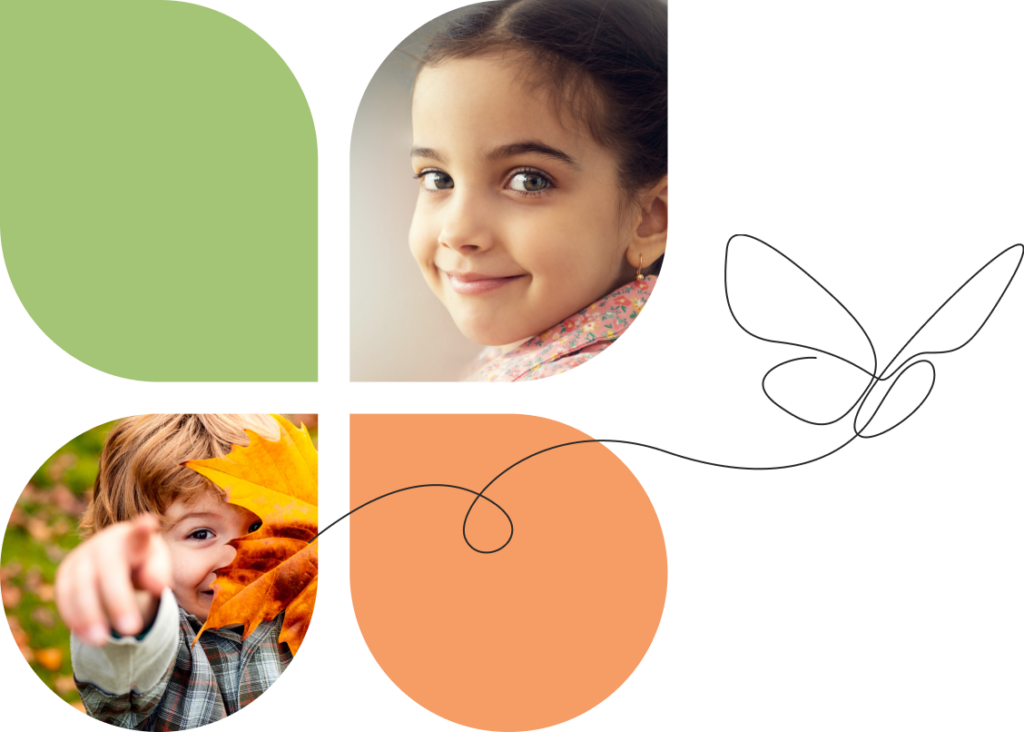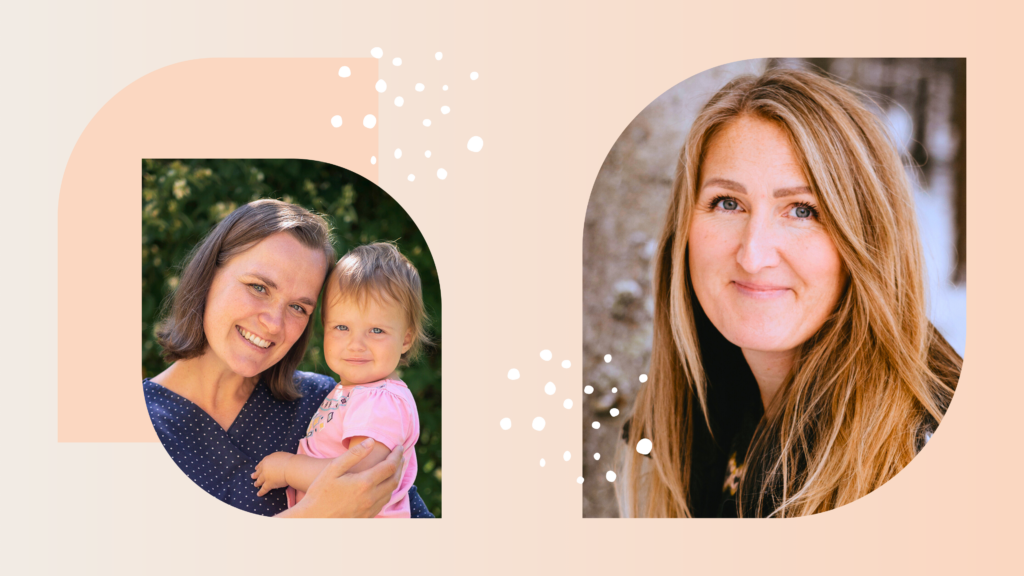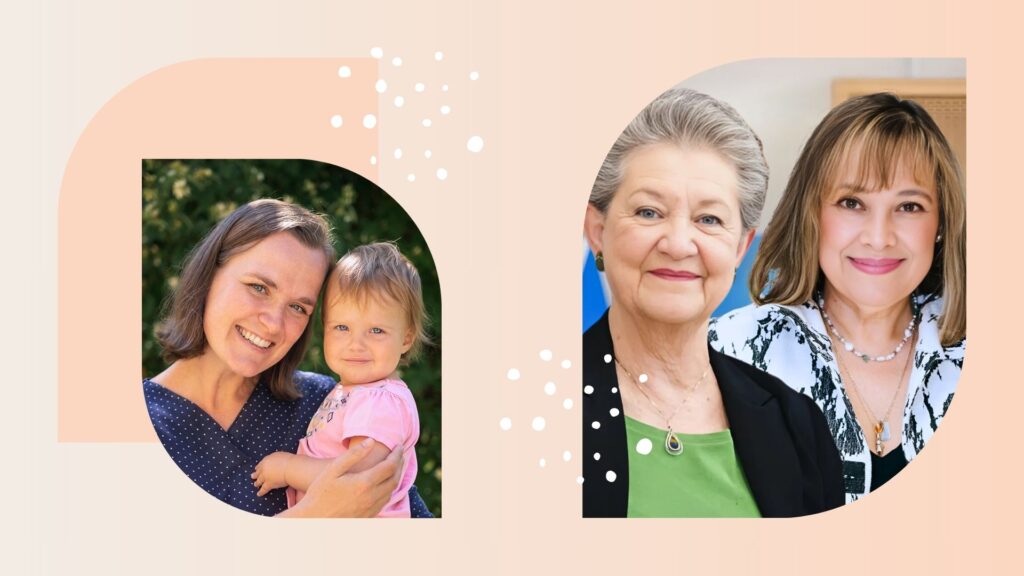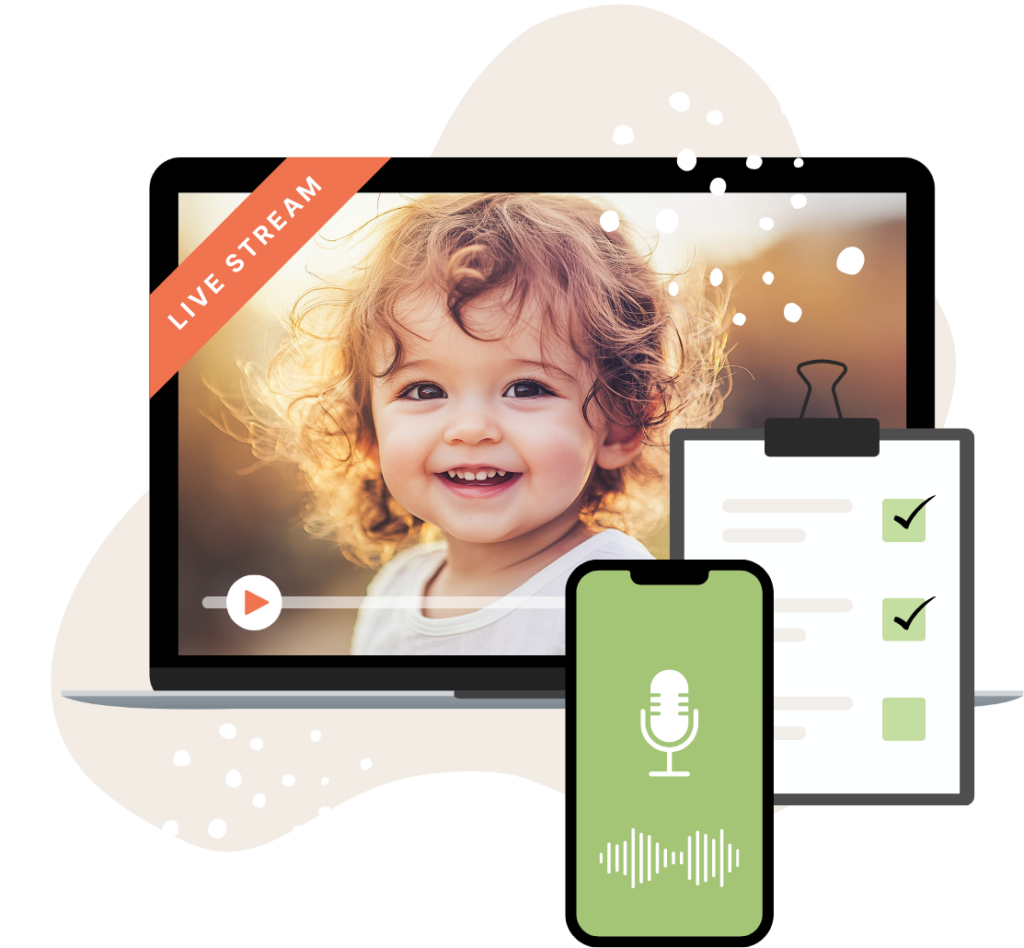Welcome to another insightful live event, where we explored the intricacies of early toilet learning with Nicole Cheever, a GoDiaperFree certified coach. In this discussion, we delved into the methods, principles, and practical tips that can help parents and caregivers approach toilet learning with confidence. The whole LiveTalk is available in the Childhood Potential Club library.
Understanding Elimination Communication
Our discussion began with an introduction to elimination communication (EC), an age-old practice that focuses on understanding and responding to an infant’s natural potty cues. Nicole highlighted how EC enhances the communication between parents and babies, fostering a deeper connection and a more intuitive approach to hygiene.
Transitioning to Potty Independence
Nicole shared the natural progression from dependency to independence in toilet learning. She emphasized that infants have an inherent instinct to stay clean, making EC an effective starting point. The journey to potty independence begins anytime between 0 to 18 months, tailored to the child’s natural abilities and developmental readiness.
Readiness vs. Interest
A key topic was the distinction between a child’s readiness and interest in toilet learning. Nicole explained that children are typically ready for toilet learning when they can physically and cognitively manage the tasks, which usually occurs between 12 to 18 months. Recognizing these signs is crucial for successful toilet learning.
Montessori Principles and Developmental Milestones
Nicole connected essential developmental milestones for toilet learning to Montessori principles. She noted that the sensitive period for toilet learning is between 12 to 18 months, aligning with the development of long-term memory and physical coordination. This period is ideal for fostering independence and self-care skills.
Addressing Psychological Concerns
The discussion also covered potential psychological concerns related to early toilet learning. Nicole reassured parents that a gentle, non-coercive approach aligns with a child’s natural development, ensuring a positive experience. This method respects the child’s autonomy and promotes a stress-free learning environment.
Non-Coercive Toilet Learning
Nicole emphasized the importance of a non-coercive approach to toilet learning. The GoDiaperFree method is designed to be supportive and respectful of a child’s natural development, fostering a positive environment where children feel secure and capable.
Shift from frustration and challenges to opportunities for growth and confidence in your child’s toilet learning journey thanks to our Parent’s Roadmap to Toilet Learning the Montessori way.
Interactive Q&A Session
The live event concluded with an engaging Q&A session. Participants asked about the psychological impact of early toilet learning, to which Nicole provided reassuring insights. She emphasized the importance of respecting a child’s natural instincts and developmental readiness, ensuring a positive and supportive approach.
Conclusion: Embracing Natural Toilet Learning
The discussion with Nicole Cheever provided valuable insights into early toilet learning. By understanding and respecting your child’s natural capabilities, you can create a positive and supportive environment for their development. Whether you’re new to elimination communication or looking to refine your approach, Nicole’s guidance offers a path to successful toilet learning.
Together, let’s continue to support and nurture our children’s potential in every step of their development.
